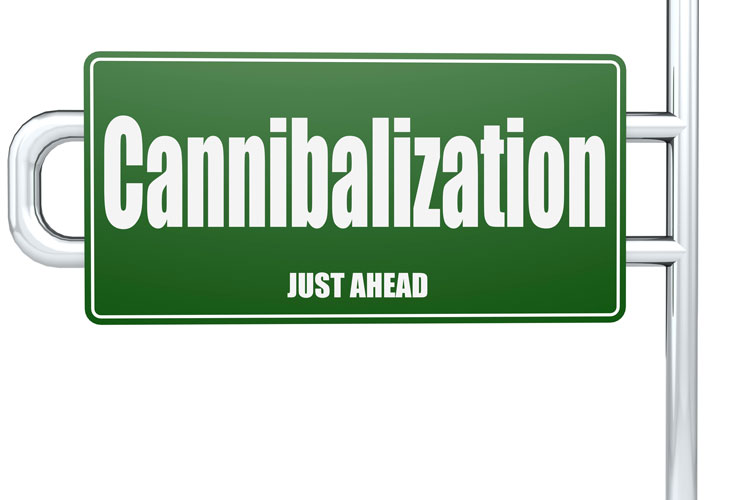
COVID-19 brought to light a number of supply chain concerns around the world. Chief among them according to economist David Kohl was the cannibalization of industry via concentration.
What did he mean by this?
“We found we had too much concentration in industries around the world,” the professor emeritus at Virginia Tech said. “We had concentration cannibalization going on. We cannot let that happen, whether it’s the agriculture industry or general industry.”
Kohl emphasized that it’s something dairy producers need to be aware of. “You can expect extreme, extreme volatility,” Kohl said during a Professional Dairy Producers of Wisconsin Dairy Signal. “You’ve got to know your cost of production. If you know cost of production, then you can lock in windows of opportunity.”
Different industries, different impacts
The market changes caused by COVID-19 will vary based on the industry being discussed. “We’re going to have to operate as a 90% world economy,” Kohl explained. “Some economies are going to come back quicker than others.”
“The model of a 50% to 75% economy is going to be there with our airlines, hotels, and universities,” he continued. “It’s going to be really interesting to see if the sports and entertainment economies come back 50% or if they come back 75%. That’s going to be very, very critical to our dairy industry because a lot of our product happens to go through those channels.”
The flip side will be industries that have experienced a jump in business from the pandemic. Kohl mentioned examples such as Amazon and online shopping. Even within the dairy industry, some products and regions have fared better than others.
What are lenders and farmers looking at?
Kohl discussed results from a June 2020 survey of 700 agriculture lenders and 300 farmers. The chief characteristic lenders said they were looking at to judge resiliency and agility of farming operations was an understanding of the cost of production. Close behind that was participation in a marketing risk management plan.
The surveyed farmers emphasized the importance of examining the farm business, family, and personal goals. They also emphasized the importance of strong working capital. That was also the third selection for the lenders.
“A mid-year financial check is super important, especially in this environment,” Kohl advised.








